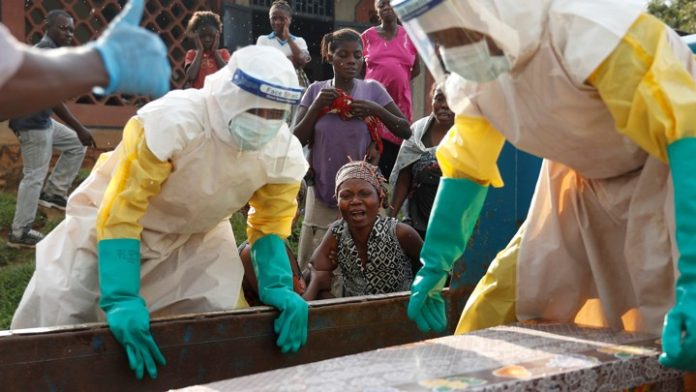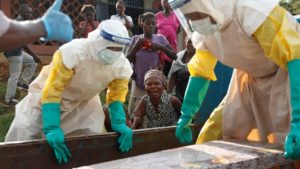2899 people have been infected with the Ebola virus in the Democratic Republic of Congo (DRC) and a total of 2006 people have been killed.
The mounting casualties seem to be overshadowing the hope and optimism that followed the newly-found cure, which the international community now believes is not enough to strike a heavy blow to the virus.
International Federation of Red Cross and Red Crescent Societies (IFRC) health and care director Dr Emanuele Capobianco said:
“The importance of these new treatments and the continued roll-out of vaccines are not to be underestimated. But alone they are not enough. Now is the time to double down on efforts to engage at-risk communities,” “For the treatments to work, people need to trust them and the medical staff who administer them. This will take time, resources and a lot of hard work,”
As the infections toll nears 3 000, the WHO on Friday called on all its partners to increase their presence in the field to stop Ebola, and to address one of the largest and most complex humanitarian crises in the world.



